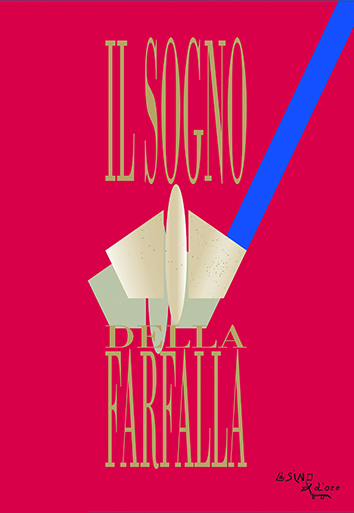Il misterioso legame tra parto e psicosi Le psicosi puerperali da Ippocrate alla teoria della nascita
DOI:
https://doi.org/10.14663/sdf.v14i4.347Abstract
The article goes through the history of studies on post-partum psychosis, from Hippocrates, in particular to the theories that emerged from the 17th century onwards, and proposes a rereading of these illnesses and of other forms of pathologies following childbirth, in light of M. Fagioli’s theories and on the basis of a number of clinical cases. For thousands of years psychotic episodes of puerperium have been confused with cases of puerperal sepsis delirium. In spite of the fact that the distinction that finally allocated postpartum psychoses to psychiatry dates back to the 1800s, discussion of their etiology is still in progress today, along with the diagnostic profile of these episodes characterized by a clear polymorphism and by a mixture of affective signs. The article maintains that the cause of frequent postpartum crises, but also of frequent bouts of depression and blues, can be found in the relationship between the unconscious psychic reality of the mother and the interior image that is formed at the birth of the child. The seriousness of the lesion, which can even involve the loss of the mother’s internal image, can be correlated to the varying degrees of seriousness of the syndromes, allowing us to hypothesize new bases for a differential diagnosis.


